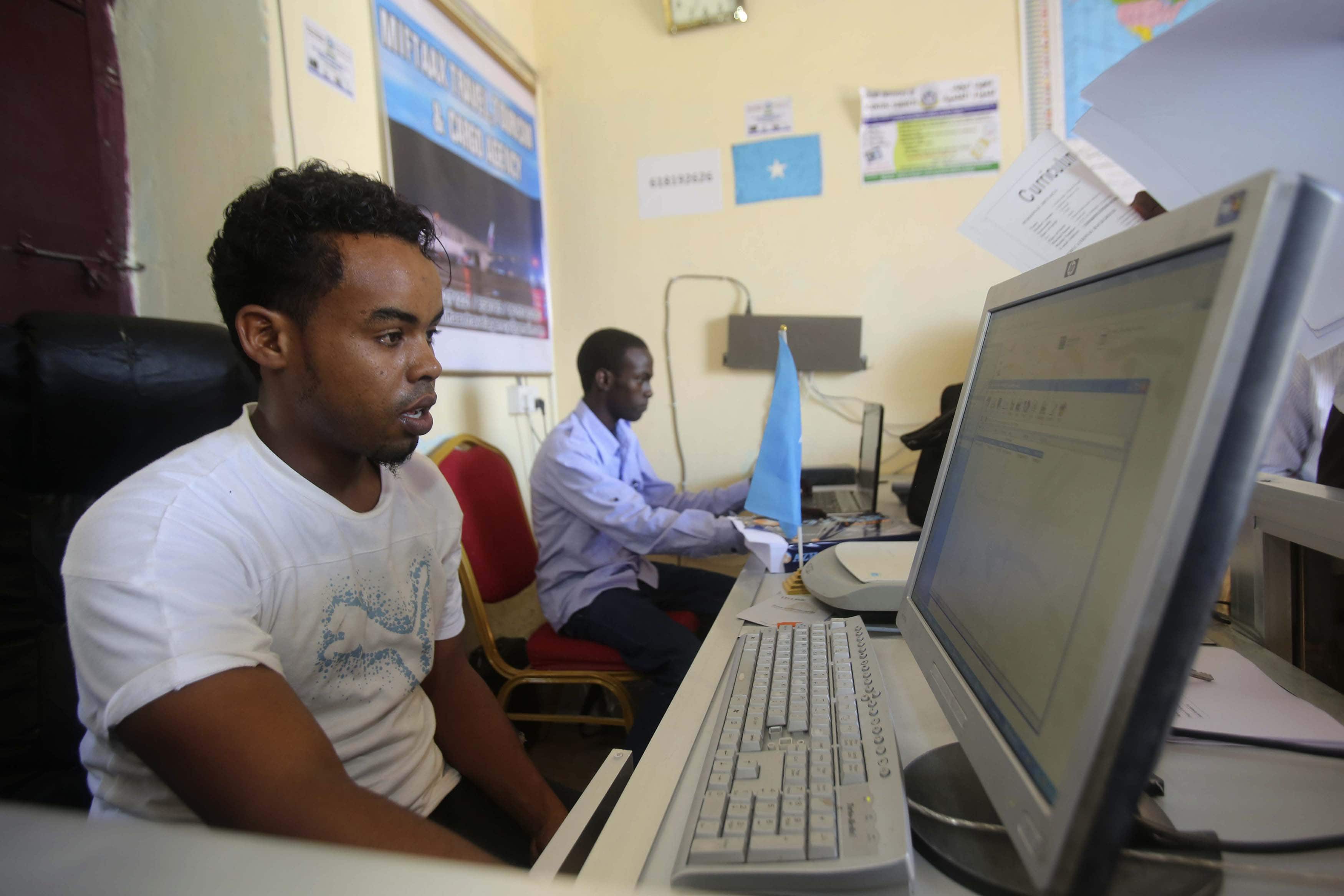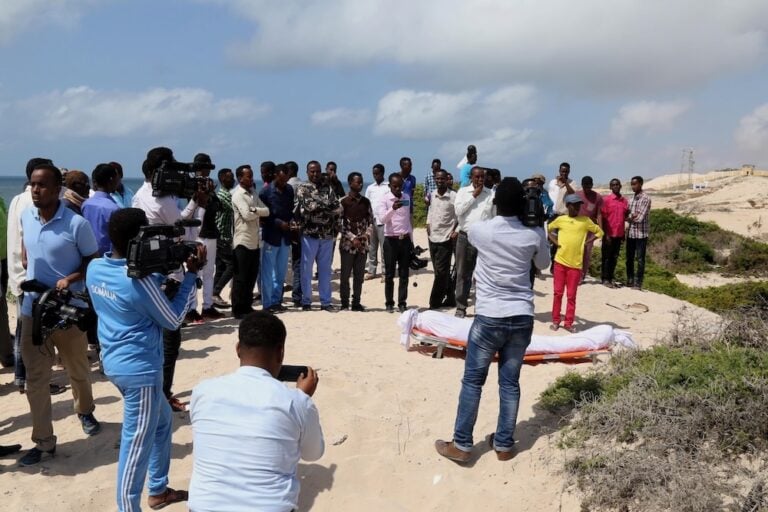Somali rebel group (and US-designated terrorist organization) Al Shabaab has reportedly banned the use of the Internet through mobile handsets and fiber optic cables throughout Somalia, giving telecommunications companies 15 days to comply with the order.
Somali rebel group (and US-designated terrorist organization) Al Shabaab has reportedly banned the use of the Internet through mobile handsets and fiber optic cables throughout Somalia, giving telecommunications companies 15 days to comply with the order.
Connectivity in Somalia is low, but growing: fiber optics were introduced to the country last year, and 22.5 percent of the population has a mobile phone subscription. However, only 1.38 percent of the country’s population uses the Internet, according to a 2012 statistic from the International Telecommunications Union.
Ironically, Al Shabaab has made prolific use of the Internet, sparking debate last year after emerging on Twitter. While Sen. Joseph Lieberman called for the group to be banned from the platform, EFF stood up for their right to tweet. The group was allowed to stay on for awhile, but was ultimately banned after tweeting in support of the Westgate Mall siege in Nairobi this past September, which killed 72 and injured hundreds. They nevertheless appear to have reemerged on the platform.
An authoritarian group using the Internet to spread propaganda while barring their citizens from the same access is no new thing: Iran’s leaders enjoy engaging on Twitter while the platform remains banned in the country. In Qatar, government officials enjoy unfettered Internet access while the rest of the country receives a censored connection. Or as Shakespeare might have put it: “The Internet is mine, not thine.”
EFF calls on Al Shabaab to repeal its ban. The Internet is for everyone.



